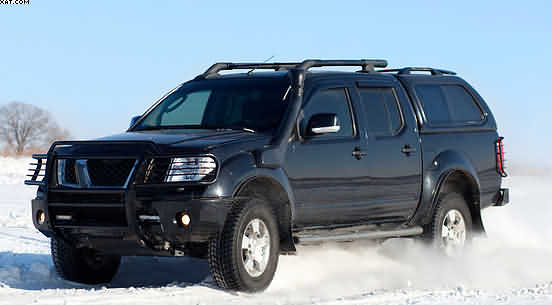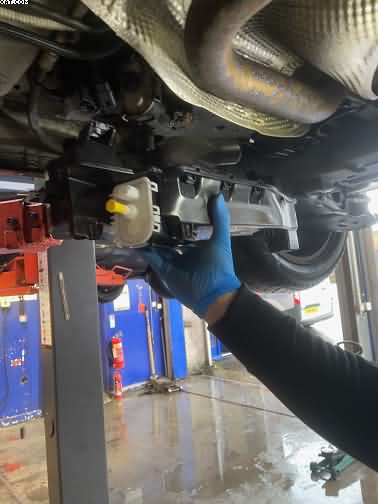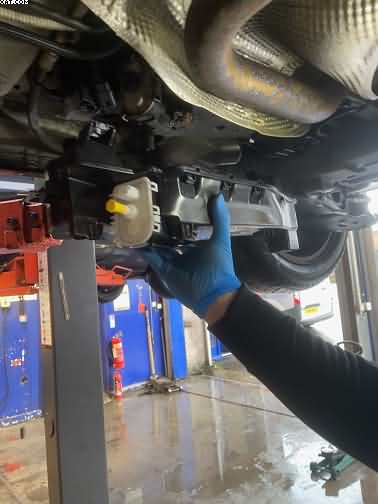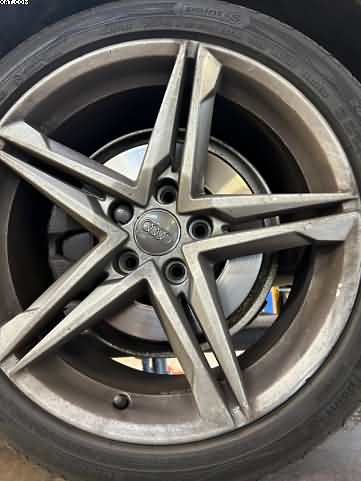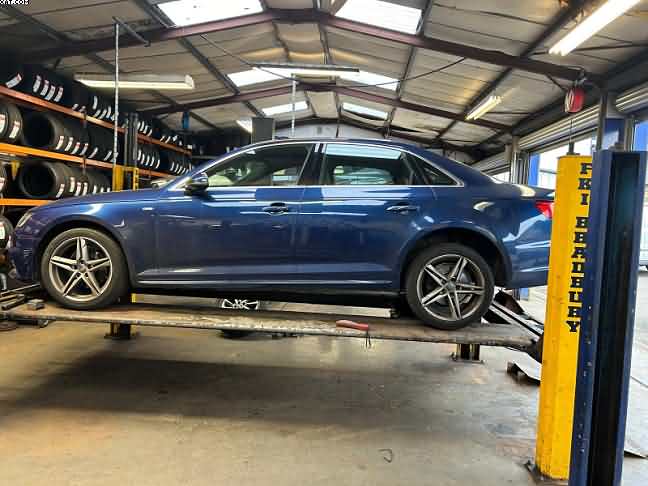Table of Contents
General Grabber AT
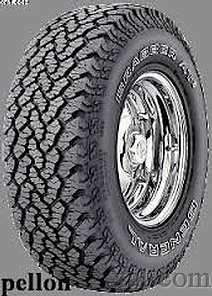
General Grabber AT
Testing my new General Grabber AT 255/60/18 on the Land Rover Freelander 2 It`s not the real off road thing,, but I was alone on a sunday afternoon in my .
I have always been a fan of the General Grabber AT tyre. I know that they are good. Because they are popular in my area, Halifax, in Yorkshire, UK.
The area is very hilly. We have many farms in the area. Therefore, we often get severe and snowy winters. The farming community is loyal to Land Rover. Hence, as a vehicle of preference,. So we sell many tyres for these types of vehicles.
Q&A Session: General Grabber Tyre Range
Q: So, what’s the big deal with these General Grabber tyres?
A: Oh, where should I start? General Grabber tyres are similar to the dependable Land Rover of the tyre business. They’re tough, dependable, and ready for whatever the British weather throws at them. Whether you’re driving through the Yorkshire Dales or facing the daily commute, these tyres have got you covered.
Q: That sounds great, but are they only for off-road enthusiasts?
A: Not at all! While they’re ideal for off-road activities, they’re also comfortable on city streets. Imagine driving through Halifax’s old districts, certain that your tyres can manage both cobblestone lanes and modern motorways.
Q: What sets the General Grabber range apart from other tyres?
A: They are versatile. They’re like a Swiss Army knife for your car. They provide outstanding grip and handling in all weather conditions thanks to modern technologies such as proprietary tread patterns and a durable compound. It’s like having some of Halifax’s tenacity in tyre form!
Q: Are they suitable for different types of vehicles?
A: Absolutely! From your family car to your weekend warrior, there is a General Grabber tyre for practically any vehicle. They cater to a wide range of sizes and requirements, making it simple to choose the right fit for your car or van.
Q: How do they handle wet and slippery conditions?
A: Picture yourself driving through the Lake District on a rainy day. These tyres offer peace of mind due to their efficient water evacuation, lowering the risk of aquaplaning. So you can enjoy the scenery without having to worry about rainy roads.
Q: Are General Grabber tyres a good choice for eco-conscious drivers?
A: They certainly are! While they are robust, they also focus on lowering rolling resistance, which results in improved fuel efficiency. It’s like paying homage to the stunning British countryside by being more environmentally conscious.
Q: Could you tell me more about their durability?
A: Durability is their middle name. They’re built to resist the rough and tumble of both off-road trails and urban jungles. So, whether you’re driving through the rocky hills of Scotland or the bustling streets of London, these tyres are built to last.
Q: Finally, why should I choose them for my next tyre purchase?
A: Choosing General Grabber tyres is like selecting a trustworthy companion for your car. They combine safety, performance, and versatility in a tyre designed to withstand the varied British landscapes and weather. Furthermore, they are an excellent discussion starter at your local garage!
For this reason, the tyre must perform in any condition.
Naturally, that is thrown at it. As I said earlier,. Farmers and other country dwellers swear by these tyres. General is now part of the large Continental tyres group.
Another market niche
that the General Grabber At has entered is the SUV market. The massive increase in this type of vehicle has definitely increased the popularity of these types of tyres. The SUV’s are also driven by lady customers, who put their families first and will pay extra for a tyre that also gives them grip in the winter.
General Grabber AT
The General Grabber AT fits well into this category, and the tyre has become very popular here in the Halifax area of Yorkshire, where the terrain is very hilly with many small isolated roads. The female drivers want a tyre that will enable them to get the kids to school safely and not get stuck in ice and snow.
The summer tyres that are fitted to the SUV’s are useless in winter weather
and the General Grabber AT tyres will do the trick. One of the disadvantages of fitting tyres with extra grip was the road noise. The 4×4 AT tyres have been modified to run much quieter in normal road conditions and have now become a great all-round tyre to fit on your SUV or 4×4.
So as well as general tyres, we are also agents for the excellent Falken winter tyres for the Halifax district of Yorkshire, UK.
- Goodyear Efficient Grip
- Continental Tyres Ten Reasons
- Wheel-Alignment-Have it Done
- Cheap Fuel Costs
- Toyota Mira
http://www.pellontyres.co.uk/Tyre/Details/General/Grabber+AT

